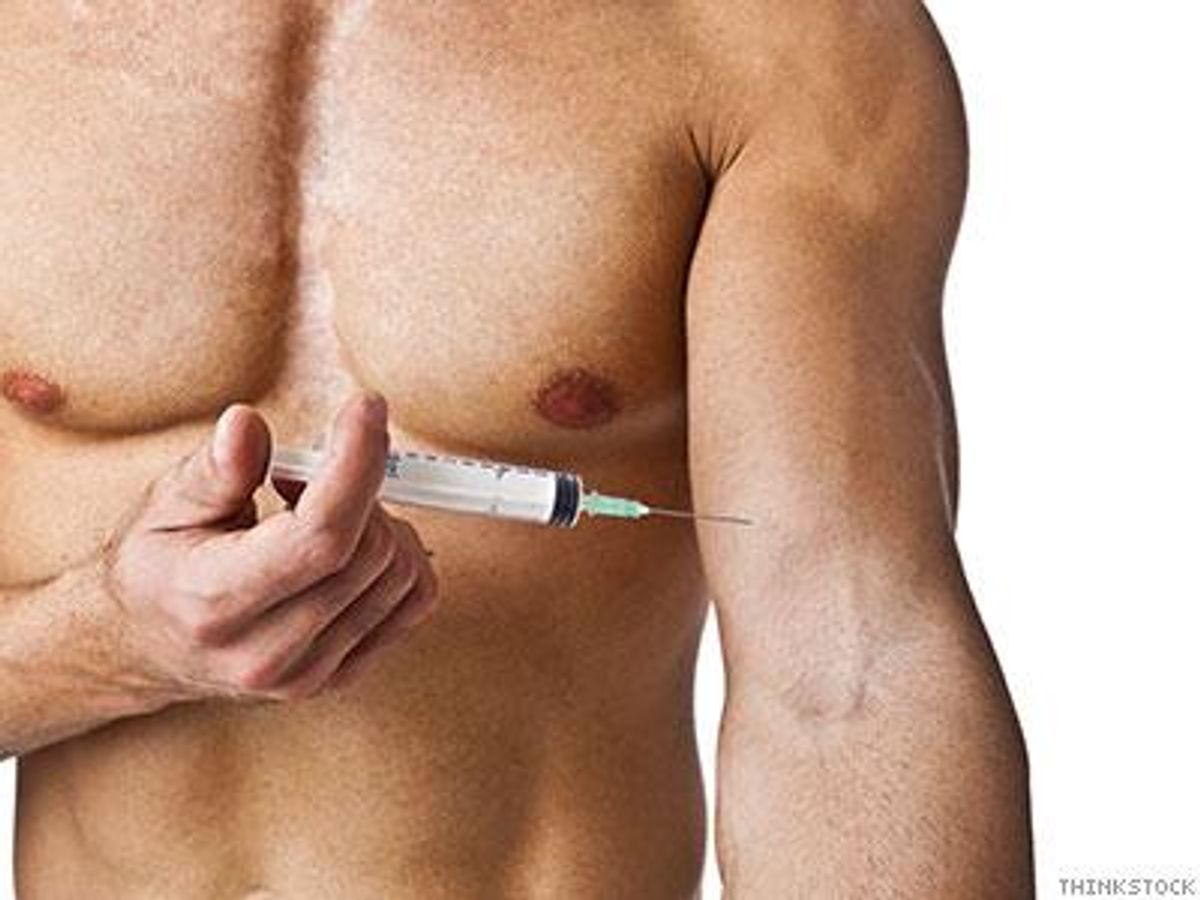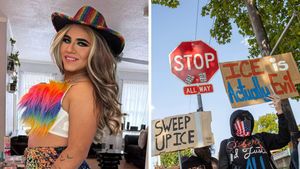In his August 27 op-ed, HIV Plus contributor Todd Heywood questions whether the lifetime ban on blood donations from gay and bisexual men and other men who have sex with men is really discrimination. He also questions whether we have the science to ensure that blood donations from men who have sex with men are virus-free.
The answer to both questions is an unequivocal “yes.” Yes, this lifetime ban absolutely amounts to discrimination against gay men and other men who have sex with men. And yes, we clearly have the science to address this issue.
First, a little history on this issue. Established in 1983, the current federal Food and Drug Administration donor-deferral policy prohibits blood donation by men who have had sex with another man even one time since 1977. Developed in a time of great fear and little knowledge about HIV and AIDS, the blanket ban was a draconian measure put in place when testing for HIV was extremely limited. In the 31 years since the policy was instituted, our knowledge of HIV and our ability to test for it has improved dramatically.
So now let’s talk about the science. Current medical technology allows for accurate detection of HIV in the bloodstream within weeks of exposure. Changing the ban to a shorter deferral period, such as six months or a year from the last sexual contact, could be one conservative yet effective approach that would both allow officials to conclusively prevent contamination of the blood supply while dramatically reducing the scope and reach of the ban.
The United States is not the only country to have banned blood donations from men who have sex with men. But other nations have moved to limit or reduce their bans on blood donations from gay men in recent years. Canada, the United Kingdom, and South Africa have changed their policies to a five-year ban, a one-year ban, and a six-month ban respectively. And none of these countries has experienced any increase in HIV-positive blood donations.
What’s more, leading medical organizations including the American Red Cross, the American Association for Blood Banks, America’s Blood Centers, and the American Medical Association have all called for a reevaluation and/or repeal of this policy citing its excessively broad nature and advances in blood testing.
"We think it's time for the FDA to take a serious look at its policy, because it's out of step with peer countries, it's out of step with modern medicine, it's out of step with public opinion, and we feel it may be legally problematic," said Glenn Cohen, who co-wrote a July article in the Journal of the American Medical Association calling for a repeal of the ban.
While the science clearly supports changing the ban, is it really discriminatory or is it just an outdated policy? Consider this: the FDA currently has a maximum one-year ban in place on blood donations from men who have had sex with an HIV-positive woman or commercial sex workers. It also has a maximum one-year ban for women who have had sex with HIV-positive men.
Furthermore, the FDA requires blood donation organizations to screen prospective donors for risk factors related to HIV and other infectious diseases, but it does not ask whether prospective donors have engaged in specific high-risk practices, such as condomless sex, sex with multiple partners, or sex with a partner whose HIV status was unknown to the prospective donor. This leads to deferrals that focus on donors’ identity rather than high-risk behavior.
In other words, even with a negative HIV test, a gay man who has been abstinent from sex for a year is considered more of a threat to the blood supply than a straight person who has been treated for a sexually transmitted disease in the last year or who had unprotected sex with a partner whose HIV status was unknown to them.
Even if not intentional, this is discrimination against gay and bisexual men, pure and simple, and discrimination has no place in the Food and Drug Administration’s blood donor policies. That is why Equality California partnered with Assemblymember Richard Bloom to advance an assembly joint resolution — overwhelmingly approved by both the Assembly and Senate — urging President Barack Obama to compel the Department of Health and Human Services and Food and Drug Administration to adopt modernized blood donor policies that do not discriminate against men who have had sex with other men.
Ending this unfair and discriminatory ban is a priority for Equality California, and sponsoring this resolution is just the beginning. Soon we will be launching a focused campaign aimed at ending this ban once and for all, and we hope that the entire LGBT community and our allies will join us in our efforts to overturn this ban.
Rick Zbur is executive director of Equality California (EQCA.org), the largest statewide lesbian, gay, bisexual, and transgender advocacy organization in California.


































































